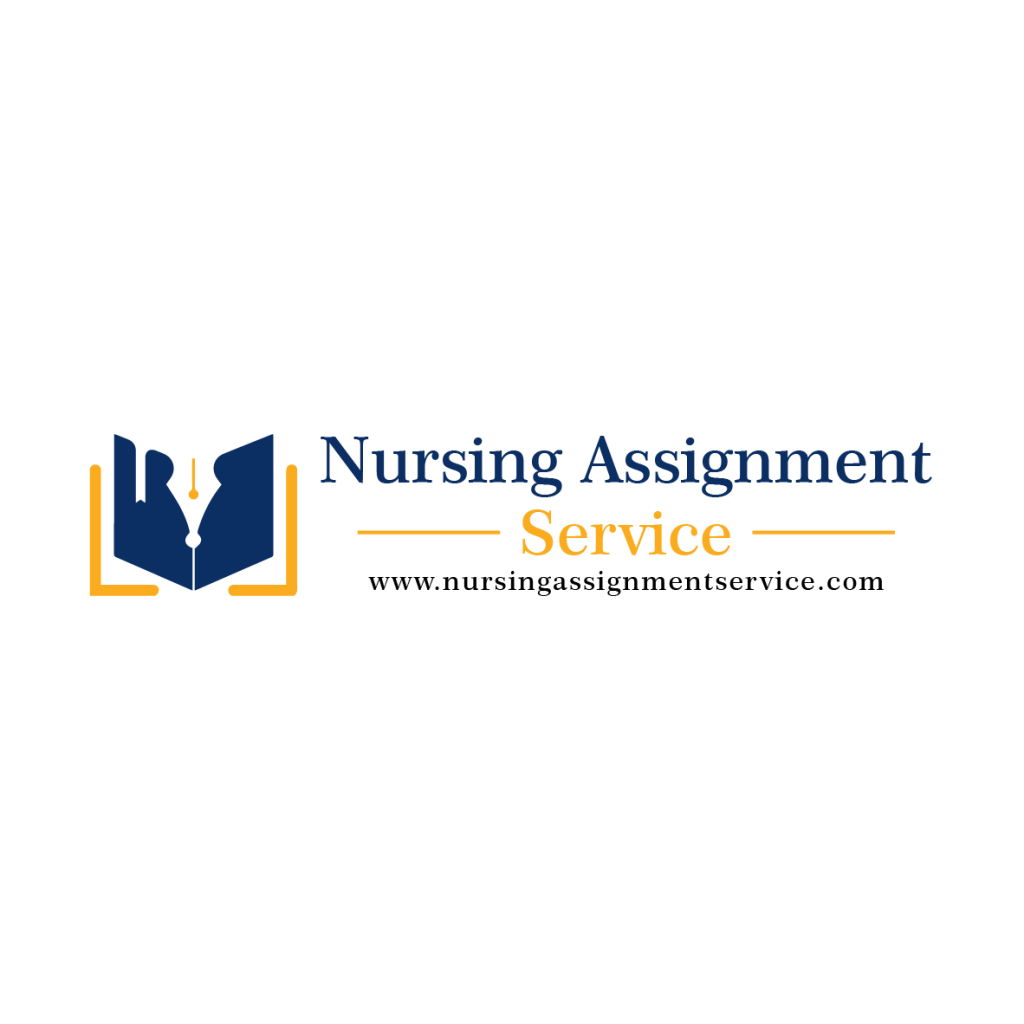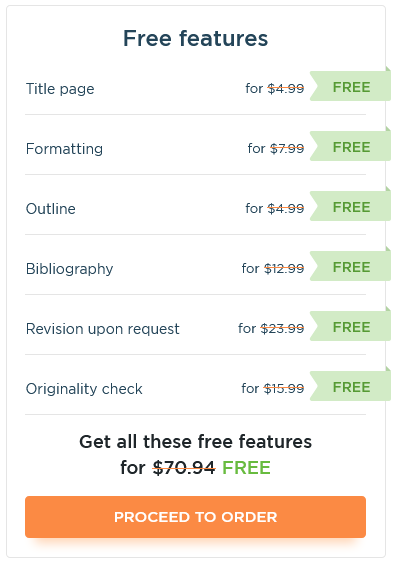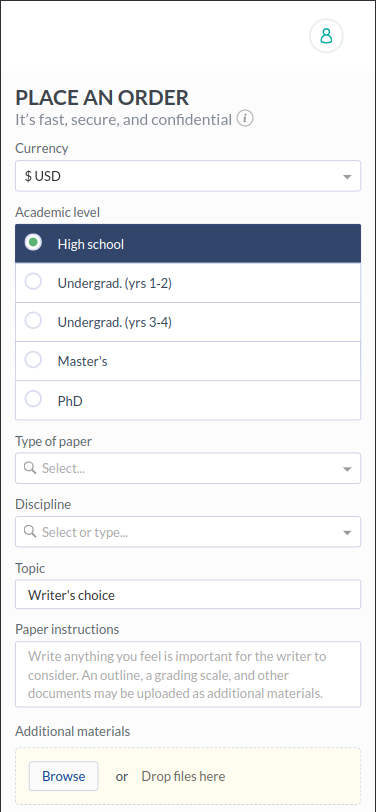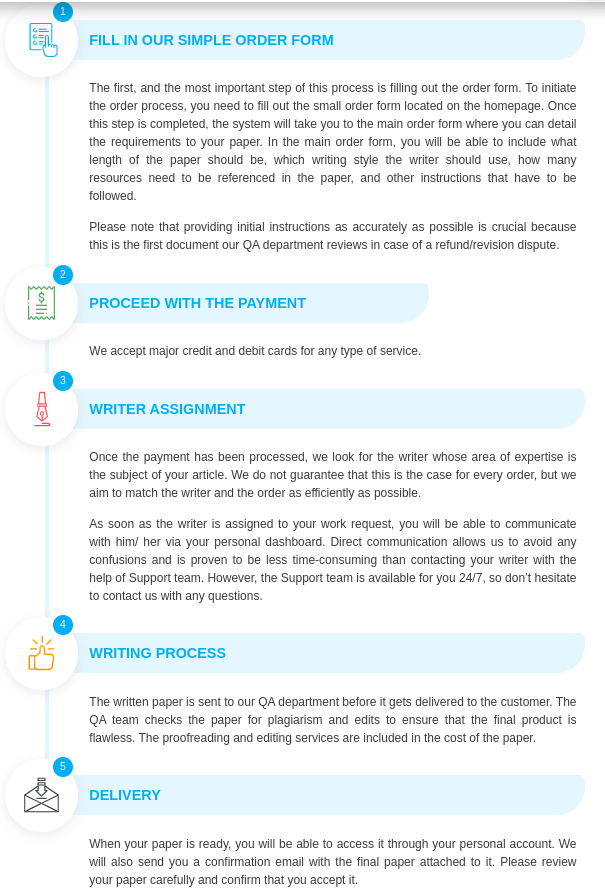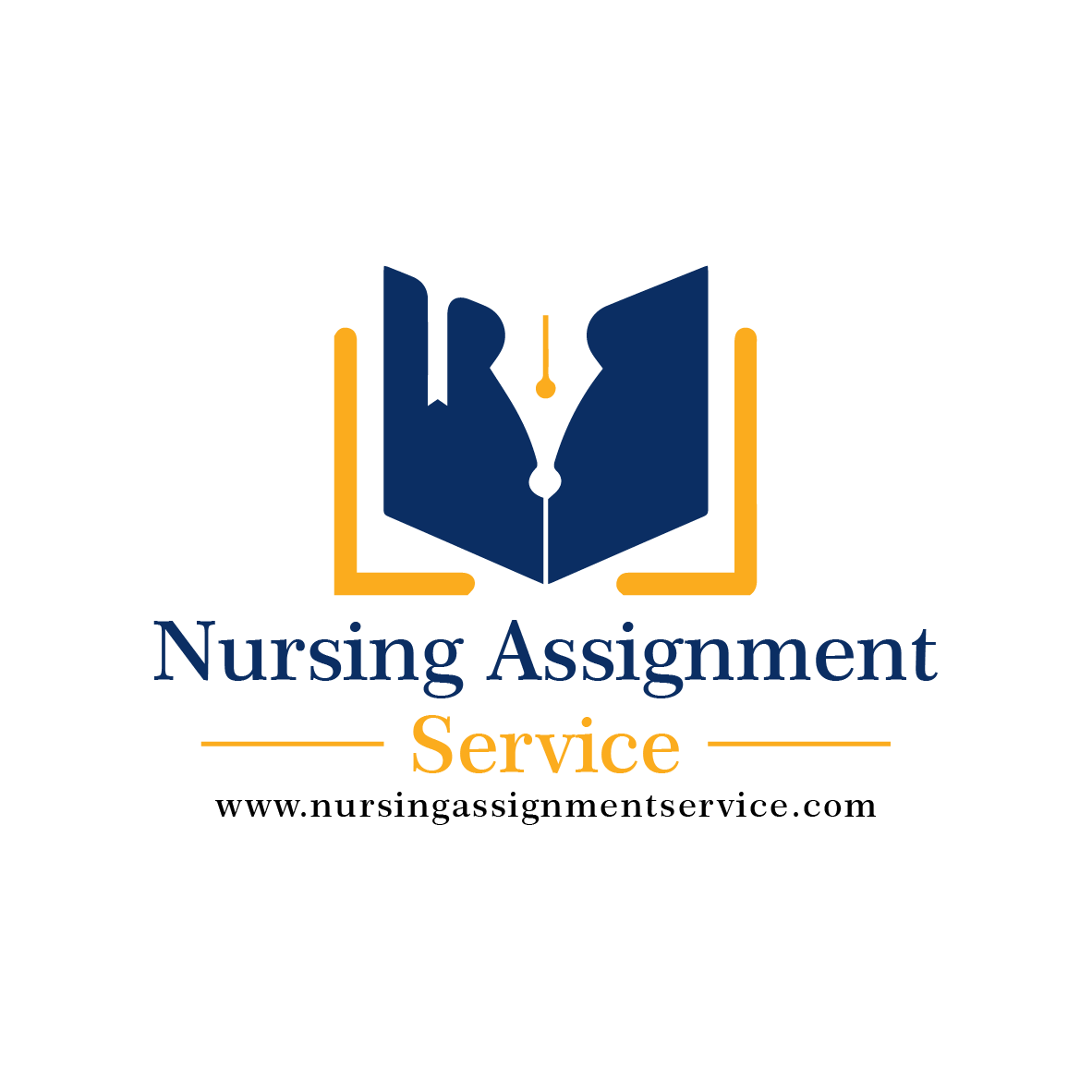NR 599 Week 7 Discussion
Post TANIC Self-Assessment and Reflection Post
Purpose
The self-assessment is completed using the TIGER-based Assessment of Nursing Informatics Competencies (TANIC) tool. TIGER refers to the Technology Informatics Guiding Education Reform Initiative which identified a list of the minimum informatics competencies for all nurses and students graduating from pre- and post-licensure programs. The graded self-evaluation of your informatics competencies is required in order to increase one’s own understanding of competencies in nursing informatics which will enable the planning of strategies to enhance knowledge and skills.
Activity Learning Outcomes
Through this assignment, the student will demonstrate the ability to:
- Apply knowledge of nursing informatics and non-nursing science (CO 1 and 2)
- Assess nursing informatics competencies (CO2)
- Evaluate progress in enhancing nursing informatics competencies (CO4)
- Foster professional and personal development with planning strategies to enhance these competencies (CO4)
- Examine ethical decision making in relation to these competencies (CO3)D
Due Date
This assignment is due no later than the Sunday, 11:59 p.m. MT at the end of Week 7.
Total Points Possible: 75
Requirements:
In order to prepare for this assignment, read the lessons as well as the assigned readings BEFORE attempting the self-assessment.
- Please use the following hyperlink to access and complete the survey: Week 7 Post-TANIC Self-Assessment SurveyLinks to an external site.
- FAILURE TO COMPLETE THE SURVEY WILL RESULT IN A GRADE OF ZERO (0) FOR THE ASSIGNMENT.
- After completing the survey, navigate to the Week 7 Module in Canvas and respond to EACH of the questions for your Reflection Post .
- The Reflection Posts DOES NOT require cross-posting to a peer or faculty .
- Scholarly Sources: Only scholarly sources are acceptable for citation and reference in this course. These include peer-reviewed publications, government reports, or sources written by a professional or scholar in the field. The textbooks and lessons are NOT considered to be outside scholarly sources. For the threaded discussions and reflection posts, reputable internet sources such as websites by government agencies (URL ends in .gov) and respected organizations (often ends in .org) can be counted as scholarly sources. The best outside scholarly source to use is a peer-reviewed nursing journal. You are encouraged to use the Chamberlain library and search one of the available databases for a peer-reviewed journal article. The following sources should not be used: Wikipedia, Wikis, or blogs. These websites are not considered scholarly as anyone can add to these. Please be aware that .com websites can vary in scholarship and quality. For example, the American Heart Association is a .com site with scholarship and quality. It is the responsibility of the student to determine the scholarship and quality of any .com site. Ask your instructor before using any site if you are unsure. Points will be deducted from the rubric if the site does not demonstrate scholarship or quality. Current outside scholarly sources must be published with the last 5 years. Instructor permission must be obtained BEFORE the assignment is due if using a source that is older than 5 years.
ATTENTION: Students will not receive results following completion of this survey. For the reflection questions, please recall how you rated your proficiency/competency with the skills on the survey.
*IMPORTANT* Upon completing the TANIC self-assessment survey, please TAKE A SCREENSHOT of the last page of the survey using a program such as Snipping Tool and save as a PDF or JPG and for your records. If you are unable to take a screenshot, please inform your faculty.
Reflection Questions:
Reflect and respond to EACH of the following questions.
- Regarding the Post-TANIC Self-Assessment for this week, how does your competency level compare to the Week 2 Self-Assessment?
- Which two competencies do you think may benefit you in your future role as an APN and why?
- As discussed in the lesson this week, healthcare providers must be competent in informatics in order to make ethical decisions about informatics technologies and patients’ intimate healthcare data and information. To the extent that information technology is reshaping healthcare practices or promises to improve patient care, healthcare professionals must possess certain competencies which will assist with consistency and quality. Which two competencies did you achieve in this course? Explain.
Sample Discussion Post
Reflection Questions:
Regarding the Post-TANIC Self-Assessment for this week, how does your competency level compare to the Week 2 Self-Assessment?
After assessing my understanding for the second Post-TANIC Self-Assessment, I realized I knew more about informatics than in the previous assessment. As a nurse, learning and understanding skills sometimes can become so repetitious that you do things inadvertently and do not realize the thought and effort being exhibited. Technology has been an integral part of my nursing career and day-to-day life. The more we progress as a society, we will solely depend on technology, and simplicity will be a thing of the past. Engaging in this course helped me gain a better understanding of what informatics represents for me in my current practice as a nurse and in my future practice as a provider. This also helped me comprehend the complexities regarding the dynamics and utilization of informatics in healthcare regarding the delivery of care. Informatics not only shapes our clinical decisions in practice but also affects the way we provide holistic care to our patients. Knowing these key factors can help facilitate and dictate how we treat our patients, thus governing our connections, continuity of care, cultural responsiveness, and community ties.
2. Which two competencies do you think may benefit you in your future role as an APN and why?
I still believe information literacy and computer literacy are two essential competencies to have a firm grasp of while practicing overall in healthcare—an integrated set of skills that combines critical thinking, research, computer skills, and communication. In addition, the ability to access and use information effectively is essential for success in school, to succeed in the workplace, and to function competently in society. Finally, information literacy skills enhance the ability of providers to conduct evidence-based care with improved provider-sensitive patient outcomes by getting the most out of current best-available research literature. In order to work with medical information systems, electronic health records, and telehealth solutions, providers need to have a basic knowledge of computers.
3. As discussed in the lesson this week, healthcare providers must be competent in informatics in order to make ethical decisions about informatics technologies and patients’ intimate healthcare data and information. To the extent that information technology is reshaping healthcare practices or promises to improve patient care, healthcare professionals must possess certain competencies which will assist with consistency and quality. Which two competencies did you achieve in this course? Explain
Professionals in health informatics must possess specific skills to utilize cutting-edge and patient-centered technologies; therefore, computer literacy and clinical information management are two key competencies to be well-versed in. I have learned much more regarding the usage and understanding of computer literacy and clinical information management. In addition, these competencies include designing, developing, mining, analyzing, and utilizing electronic health records and wireless remote monitoring systems. Health informatics has evolved and with the rise in electronic medical devices and software apps requiring medical professionals to exhibit new skill sets that were not previously taught (Sapci & Sapci, 2020). For example, clinical information should be available promptly to support patient care decisions based on the most current evidence-based practices. Using online portals, text messages, and emails facilitate communication between providers and patients. Besides allowing greater access to information, it can also facilitate self-monitoring and patient convenience. As a future provider, using informatics and technology will help influence critical decisions that will ultimately improve goals of care and patient outcomes.
References:
Forman, T. M., Armor, D. A., & Miller, A. S. (2019). A review of clinical informatics competencies in nursing to inform best practices in education and nurse faculty development. Nursing Education Perspectives, 41(1), E3-E7. https://doi.org/10.1097/01.nep.0000000000000588Links to an external site.
Kirkova-Bogdanova, A. (2017). Computer literacy of healthcare students from medical university – Plovdiv. CBU International Conference Proceedings, 5, 650-655. https://doi.org/10.12955/cbup.v5.1001Links to an external site.
Sapci, A. H., & Sapci, H. A. (2020). Teaching hands-on informatics skills to future health Informaticians: A competency framework proposal and analysis of health care informatics curricula. JMIR Medical Informatics, 8(1), e15748. https://doi.org/10.2196/15748
Our team of expert nursing writers at Nursing Assignment Service can help you with your NR 599 Week 7 Discussion, place your order here.
